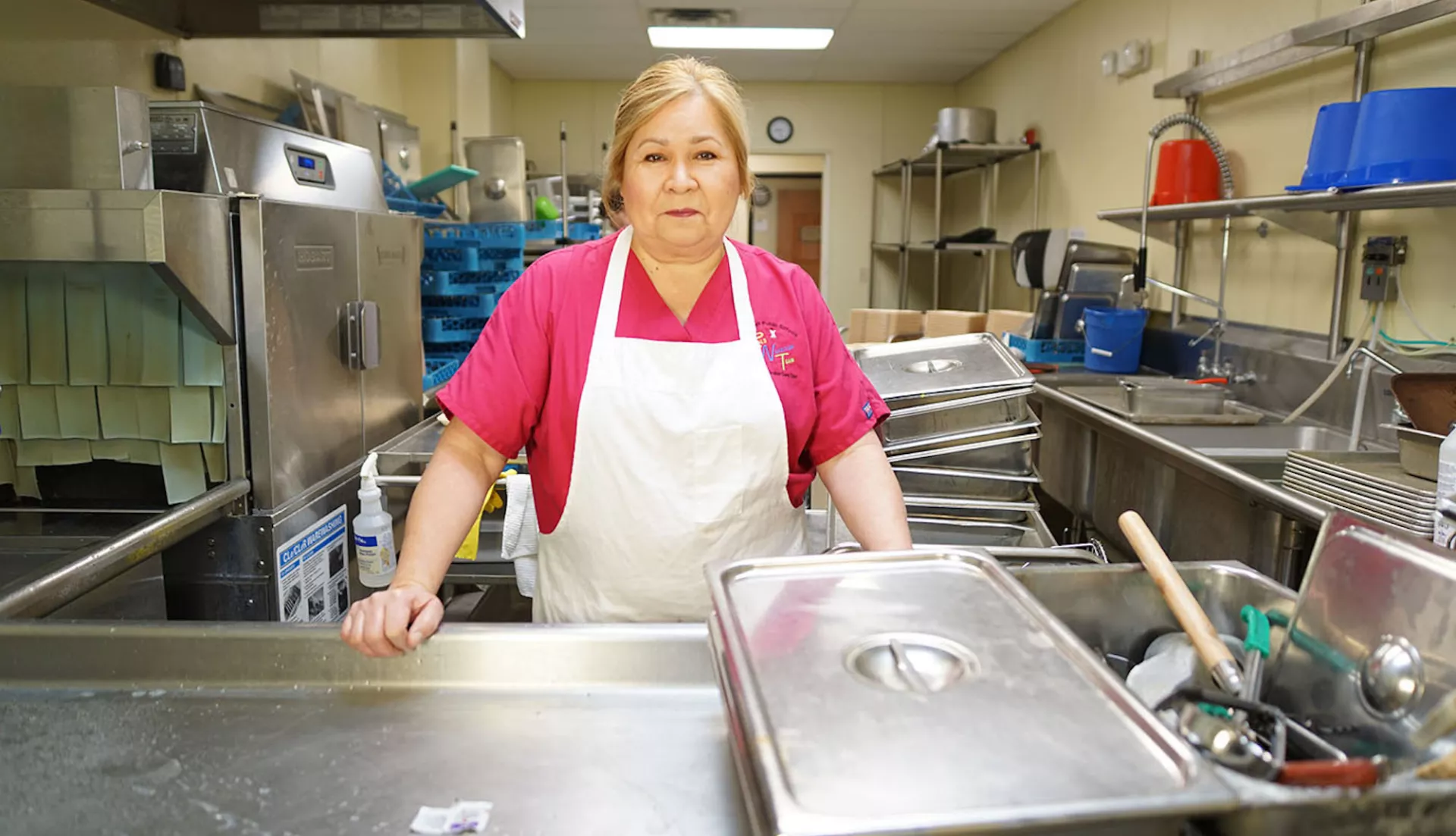When South Carolina teacher Mev McIntosh had her first child, in 2011, her district provided 10 days of paid sick leave. She bought short-term disability insurance so she could get partial pay while taking four more weeks with her newborn.

But not everyone can afford disability insurance or to work without full-time pay, she notes.
“It’s crazy!” says McIntosh, an English teacher at Cane Bay High School, in Summerville. “I’ve talked with teachers who have gone back to work after three weeks.”
South Carolina educators deserve better—and so do their students and families. That’s why members of The South Carolina Education Association (The SCEA) reached out to state lawmakers this spring, making calls, sending emails, and meeting them face-to-face during The SCEA’s annual lobby day.
Consequently, South Carolina became the first Southeastern state to pass a law providing every school employee with six weeks of paid leave following birth or adoption. It also provides two weeks for foster parents.
“We don’t have collective bargaining in South Carolina,” says McIntosh, “but we do have collective action.”
Better family leave helps students, too
As districts struggle to hire and retain educators, NEA members are making the case for more leave. Educators are stressed out and overburdened. If they can’t take time off when they’re sick, or their children are, it’s untenable, McIntosh says.
“In a field where nurturing is such a big part of what we do, we do a very poor job of nurturing the teachers and educators who are expected to do that work,” McIntosh says.
Paid leave leads to healthier educators. And healthier educators are more likely to stay and excel in their jobs.
South Carolina educators aren’t the only ones making this case. Three years ago, the Delaware State Education Association pushed through a law providing 12 weeks of paid family leave for educators. This spring, Education Minnesota won 12 weeks of paid leave for state employees, for a variety of purposes, including bereavement.
Elsewhere, union members are using their collective bargaining rights. In Malden, Mass., after a one-day strike last fall, educators won 12 weeks of paid leave for new parents.
“That was huge!” says Malden Education Association President Deb Gesualdo.
Months later, Quincy, Mass., educators followed suit.
“[When I gave] birth, my husband received more paid time off than me,” said Quincy school nurse Mollie Ehrlich, when the agreement was announced. “This [contract] gives me hope for the future.”
It’s Not Only About Sick Leave - Medical and family leave can improve educators’ health—and help keep them in the profession. But educators are advocating for and winning other important kinds of leave as well.












